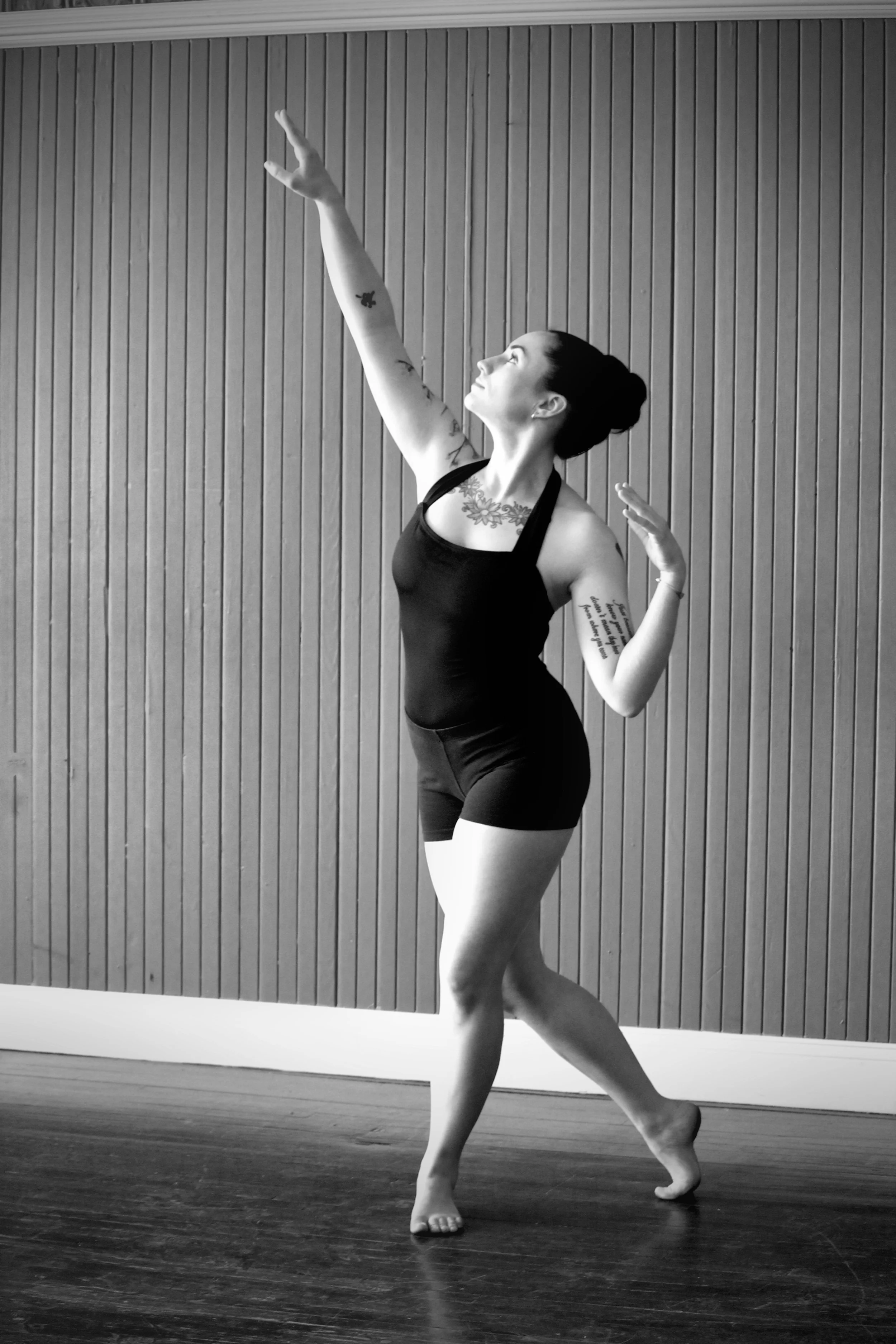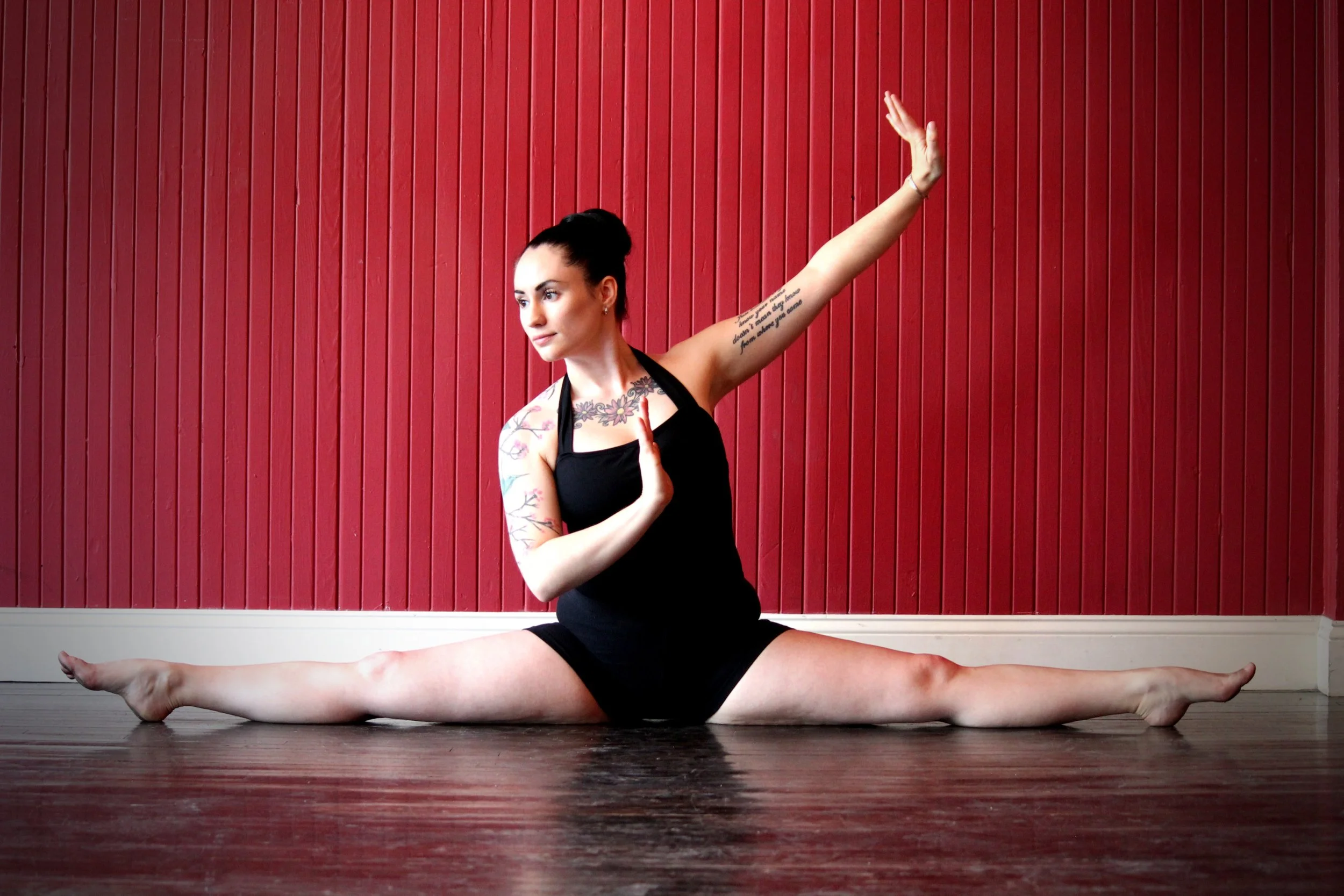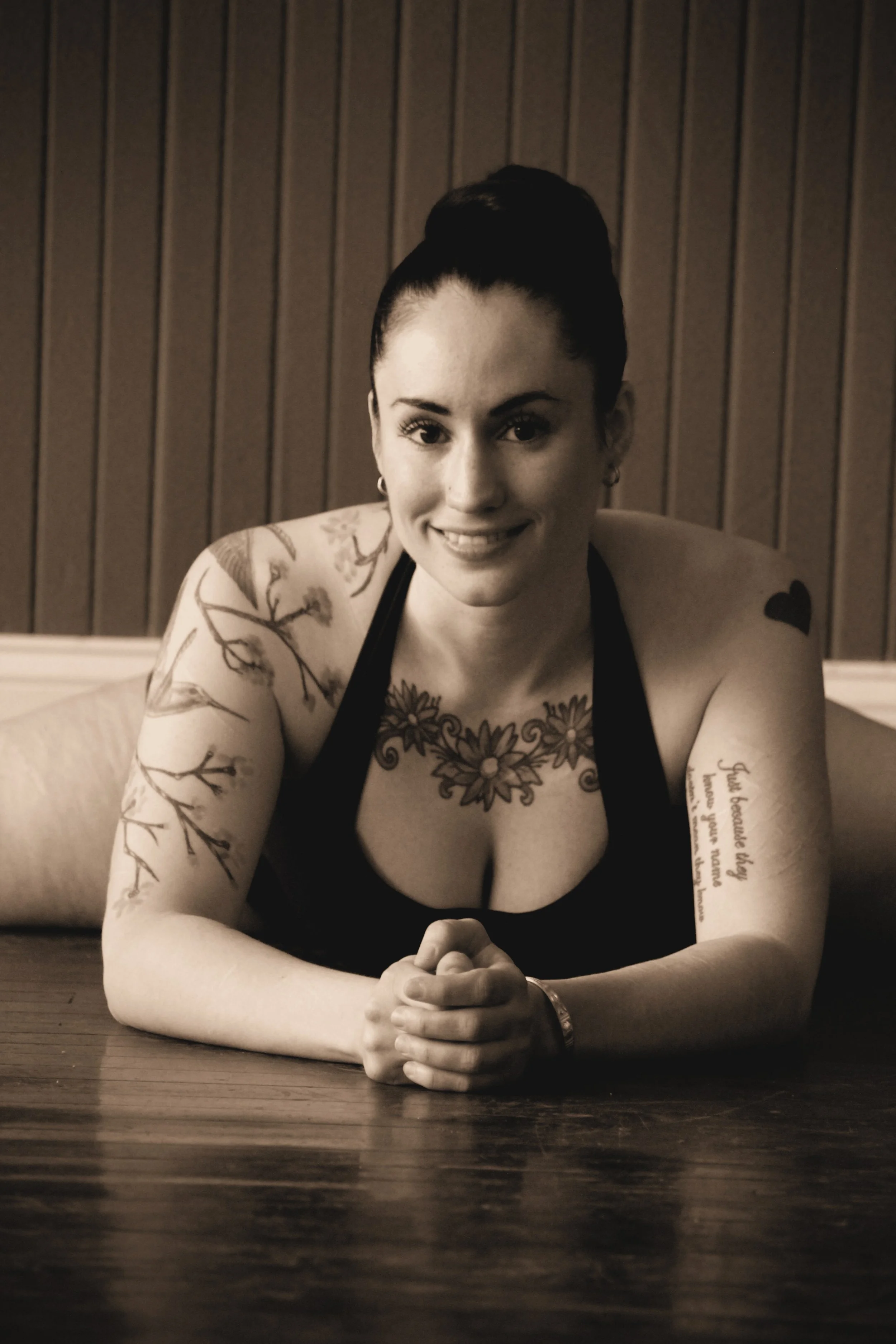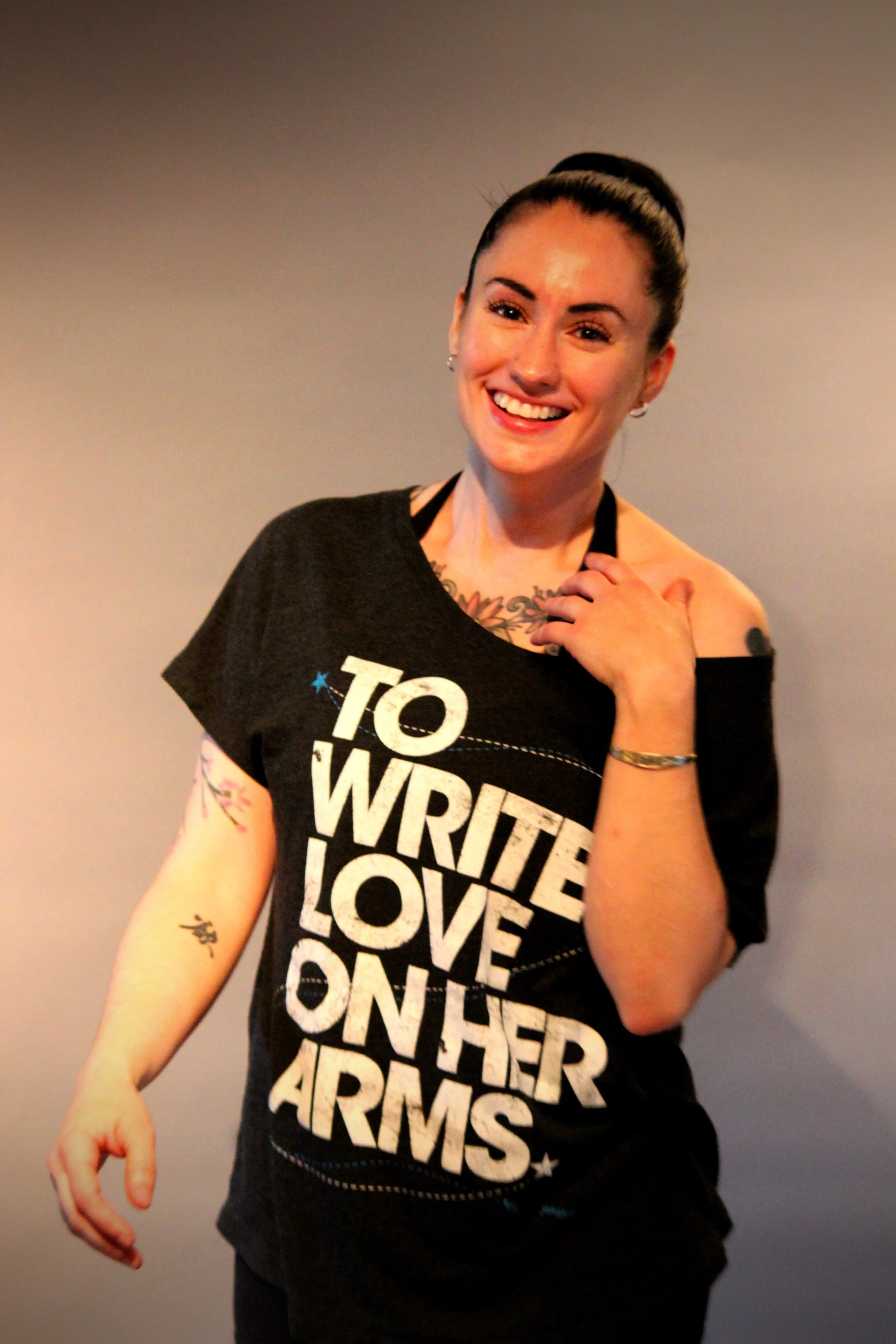Strength Through Adversity
Strength Through Adversity was a 2015 photo/interview project by AG Photography with the following objective (via Facebook):
In our modern world there is pressure to conform, not just to fashions and opinions, but in how our very bodies 'should' look. The 'ideal' hair, 'ideal' eyes, etc. are presented to us in on a daily basis through every source of media we have. We are all subjected to this, regardless of our sex, gender, ethnicity, race or creed. Not only does this force of society hurt individuals, it makes our world a little more gray, a little less beautiful. This book is intended to fly in the face of this. Beauty, internal and external, comes from uniqueness and self-expression, not conformity. We hope you not only enjoy this book, but help yourself and others find the truth in their own beauty. The book tells the accounts of about 40 different participants who through their own words and photography showcase their insecurities as strengths.
Photos
AG Photography
AG Photography
AG Photography
AG Photography
AG Photography
AG Photography
AG Photography
Interview (2015)
Where do you come from/where were you born?
Worcester, MA
What do you do (primary work)?
GIS (mapping) for a major utility company
What are some of your hobbies?
Piano, writing music, dance (ballet, etc), fitness, arts and crafts, reading, journaling, hiking
What languages do you speak?
English, what little I can remember of French, and small bits of Ewe, which is a tribal language spoken in the Volta region of Ghana.
What would you describe as your deepest body insecurity?
My deepest insecurity is my self-injury scars, which are most prominent on my left arm, left and right calves, and right thigh. There are further scars on my right arm and chest that have been covered by tattoos and on my stomach that are always covered by clothes. I was a “cutter” from the age of 11 – 31. 2014 marked the first calendar year that I did not hurt myself, and 2015 will be the second.
It’s only within the past few years that my scars have faded enough to no longer grab people’s immediate attention, though many still notice. But that insecurity has become a habit for me after spending most of my life answering to questions or stares. I know that any new relationship or friendship will inevitably involve a conversation about the meaning of my scars. I am always aware of their presence.
How would you say your insecurity(s) have shaped you/your life?
Having visible scars has shown me a lot of society’s ignorance to the epidemic of self-injury. I have been asked if they were caused by a cat, drawn on with makeup, a sexual fetish, or done as a fashion statement. These reactions made me feel alienated and misunderstood – basically reinforcing the same feelings that caused me to cut in the first place. I’ve been made to feel not good enough, such as when a customer once called my place of employment to say she would never shop there again because of my scars. Similar reactions of revulsion or confusion over the years culminated in a sense that I am doing something offensive to other people simply by not hiding the scarred parts of my body. As a dancer, I felt I could never quite look the part of a ballerina with scars marking my body.
My personal interactions with people are also influenced by my own insecurity at times, most often in the form of me holding back my own opinions or feelings. Sometimes people bring preconceptions and misconceptions about my mental health or attitude based only on their knowledge that I am a “cutter,” the most common being that I am overly emotional or impulsive. While these descriptions can be true of me at times, knowing somebody is seeing me through that lens can cause me to be reserved in what I share because I do not want my opinions minimized or dismissed as a result.
This quietness extends to my personal thoughts on self-injury as well, both in private and public conversation. Part of me would love to start dialogues and spread awareness, but instead I am pretty hushed about self-injury, mental illness and its stigma. This is because I don’t think I could find adequate words to explain a lifetime of such a complex and all-consuming life issue. I sometimes wonder if I would have a stronger influence on the awareness of self-injury and its many root causes if not for my insecurities and having been stigmatized so many times myself.
How are/have you coped with them?
Physically, I have coped with clothing that covers me and some poor attempts at make-up coverage. I also had my upper arm tattoo designed to incorporate and cover two large raised scars that were exceptionally prominent.
Mentally, I have coped over the years through music, dance, therapy, journaling, and meditation. Currently, I cope with any remaining insecurity through honesty. I no longer occasionally lie about the origin of the scars or say “I don’t want to talk about it,” even when it’s difficult to find the right words to tell people the truth. I don’t always wear sleeves for coverage, which can be particularly difficult in places like the beach, fitness classes, or the corporate environment I work in. The fact that the scars have started to fade so much does make this easier, but each time I openly answer somebody’s questions, some of my insecurity is replaced by strength.
What are you proud of about your body?
I am most proud of my body’s overall health and strength. I consider part of this to be a reflection of the mental willpower it takes to be disciplined in my eating and exercising, which is something I am proud of. I am grateful and thankful for the fact that this body has been with me through every obstacle I’ve overcome, and especially the way it has never let me down despite my own attacks against it. Today I am showcasing the fact that there will always be a strong dancer inside of me because my real roots lie in my dance and talents, and not in my history of self-abuse.







